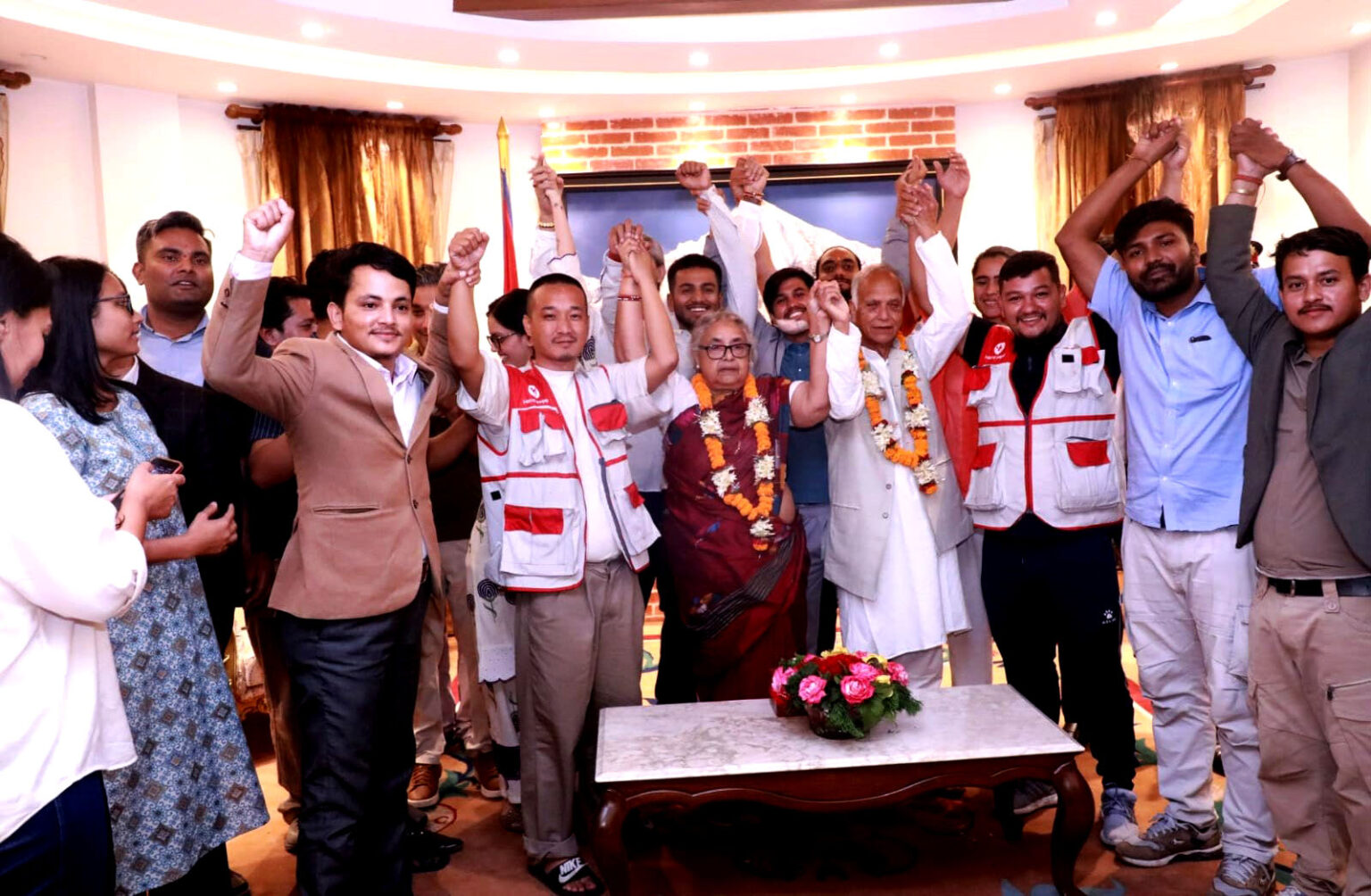Kathmandu: The Gen-Z movement in Nepal has dramatically reshaped the country’s political landscape.
During two days of intense protests, fire engulfed major state institutions including the Parliament building, Singha Durbar, the President’s Office, the Prime Minister’s Office, and even the Supreme Court.
Amid the unrest, Prime Minister KP Oli was ousted from power. Alongside him, other ministers and senior political leaders are now under the protection of the Nepal Army.
With no functioning government, the Nepal Army initiated steps toward forming a new administration. But divisions quickly emerged within the Gen-Z movement over who should lead. The question of leadership grew more pressing.
To resolve the dispute, various Gen-Z groups held a virtual meeting. They decided to select their leader through an online vote conducted on digital platforms.
In this online vote, former Chief Justice Sushila Karki secured the highest number of votes. Kathmandu’s mayor, Balen Shah, remained silent throughout and was not listed as a candidate, though he later expressed support for Karki through social media.
The youth used the chat app Discord to vote for the new prime minister. The Discord server, named “Youth Against Corruption,” has about 130,000 members.
Out of 7,700 Gen-Z votes cast, Karki received 3,833 – about 50 percent – while a candidate under the pseudonym “Random Nepali” got 26 percent, and Sagar Dhakal received 14 percent.

Respecting the decision of the youth, President Ram Chandra Paudel moved forward with the process of appointing Sushila Karki as prime minister. Parliament was dissolved and fresh elections were scheduled for March 4.
This marked not only a turning point in Nepal but also a historic first in global politics – the recommendation of a prime minister through online voting.
At a special ceremony on Friday at the presidential palace, Shital Niwas, President Paudel administered the oath of office and secrecy to the newly appointed interim prime minister, Sushila Karki, in the presence of Gen-Z representatives.
Such an experiment has never been seen in any other country. While many nations have adopted online or digital voting systems, none have gone so far as to select a prime minister through social media voting. Nepal’s experience could now serve as a lesson for the rest of the world.
For instance, Estonia has legalized full-scale digital voting, even for national elections, but citizens do not directly elect a prime minister. Similarly, Italy’s Five Star Movement used online platforms to select candidates and policies, but the power to choose the head of government remained with parliament.
These examples highlight that Nepal is the only country where online voting via social media has been used to select a prime minister.
Though this digital vote resolved Nepal’s immediate governance crisis, questions remain about its legal validity in the future.
The sacrifice of the youth has ushered in a bold new practice. Whether it will bring long-term stability or open the door to fresh conflict remains an open challenge.



Comment Here